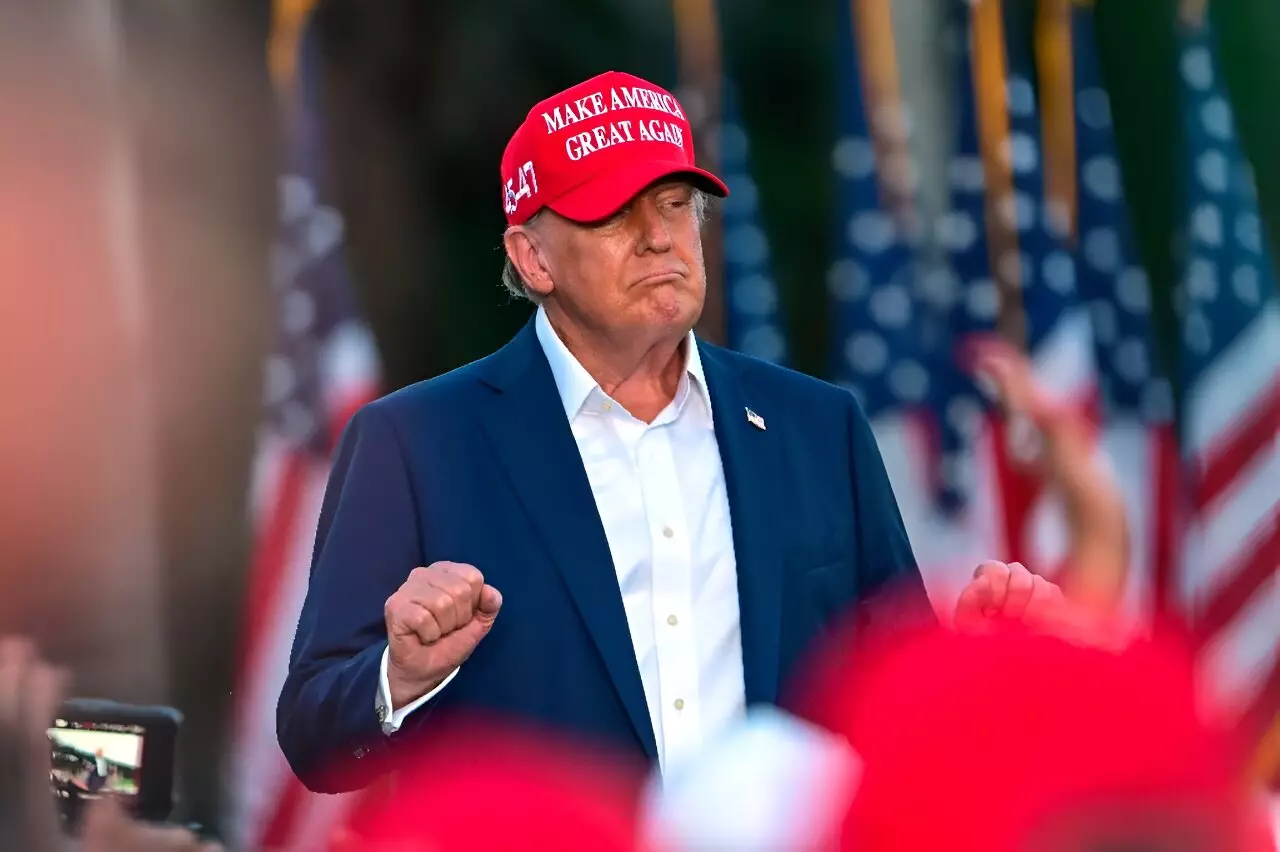Meta’s decision to lift restrictions on Donald Trump’s Facebook and Instagram accounts marks a significant shift in their approach towards the former US president. The initial suspension was a result of the violent attack on the US Capitol in 2021 by Trump supporters, which led to a reassessment of Trump’s social media presence. However, the recent decision to end the heightened suspension penalties indicates a change in policy towards political figures.
Meta justified the decision by stating that Trump, as the nominee of the Republican Party, should be allowed to express his views on social media. The company emphasized the importance of political expression and the American people’s right to hear from presidential candidates. This reasoning raises questions about how social media platforms balance free speech with the prevention of hate speech and incitement to violence.
The lifting of restrictions on Trump’s accounts not only impacts his online presence but also sets a precedent for how social media companies regulate political figures. By allowing Trump to have a platform without heightened penalties, Meta may be seen as giving preferential treatment to powerful individuals. This move could also influence other platforms’ decisions regarding political speech and accountability.
While Trump’s accounts were suspended on Facebook and Instagram, he continued to communicate through other means, such as his own social media platform, Truth Social. The reinstatement of his accounts raises questions about how influential figures navigate social media regulations and the extent to which they adhere to platform guidelines. Trump’s ability to reach a wide audience despite previous suspensions underscores the challenges social media companies face in controlling misinformation and harmful content.
Meta’s decision to lift restrictions on Donald Trump’s Facebook and Instagram accounts raises important concerns about the regulation of political speech on social media platforms. The company’s justification for allowing Trump to express his views may have far-reaching implications for how political figures are held accountable online. As social media continues to play a significant role in shaping public discourse, it is crucial for companies like Meta to strike a balance between free speech and the prevention of harmful content. The case of Donald Trump serves as a reminder of the complex challenges inherent in moderating online platforms and the need for transparent and consistent policies.


Leave a Reply
You must be logged in to post a comment.